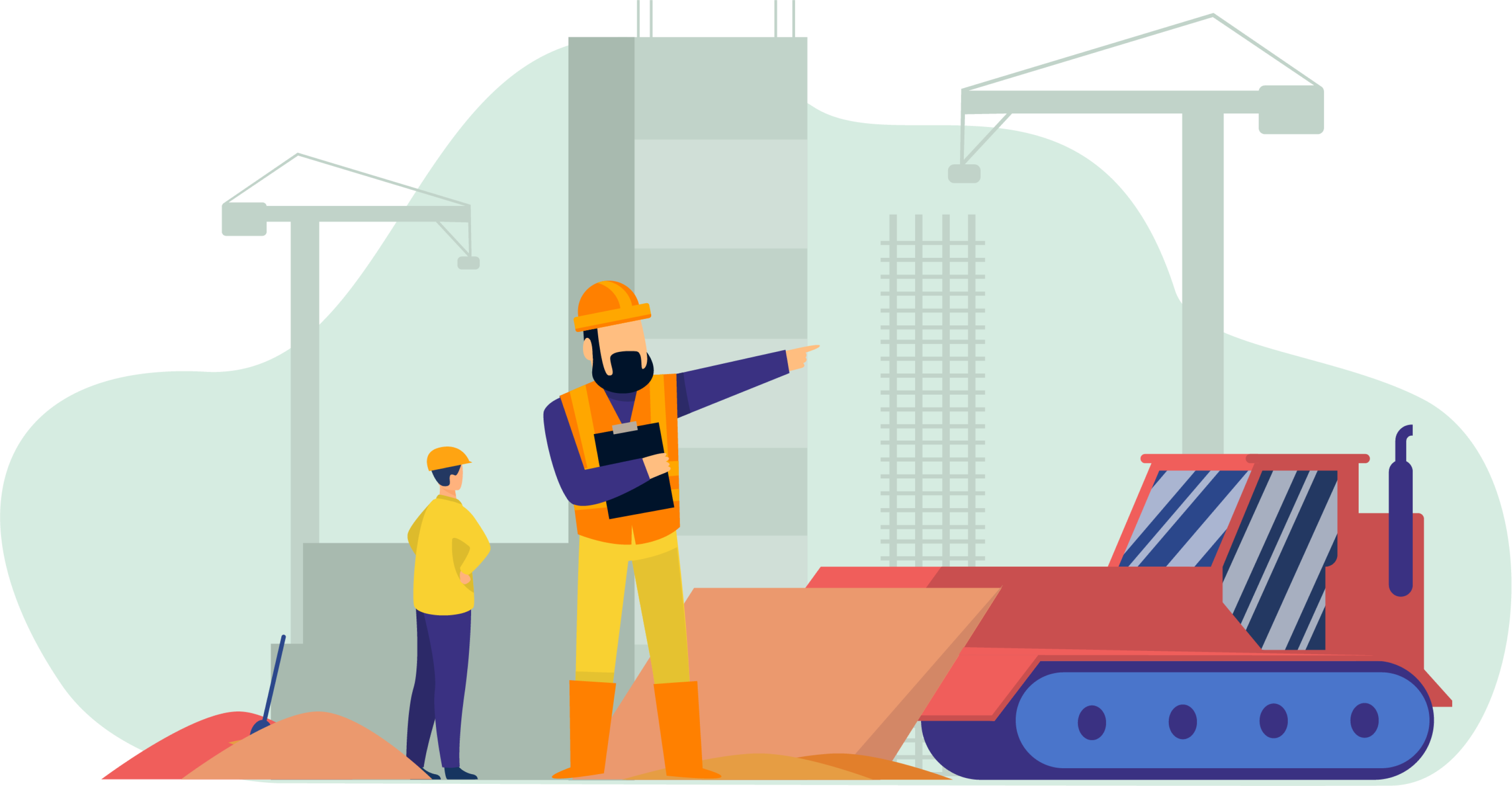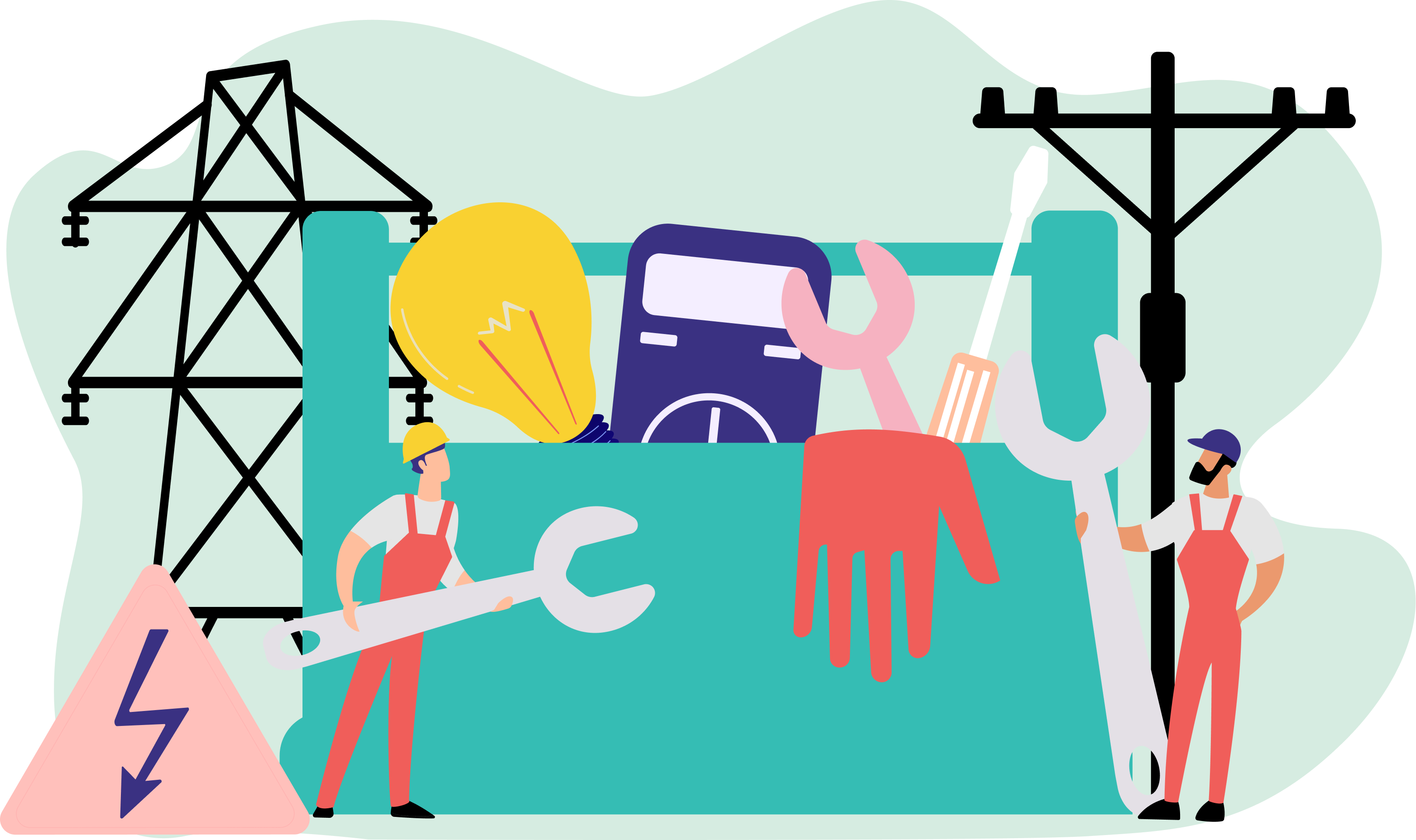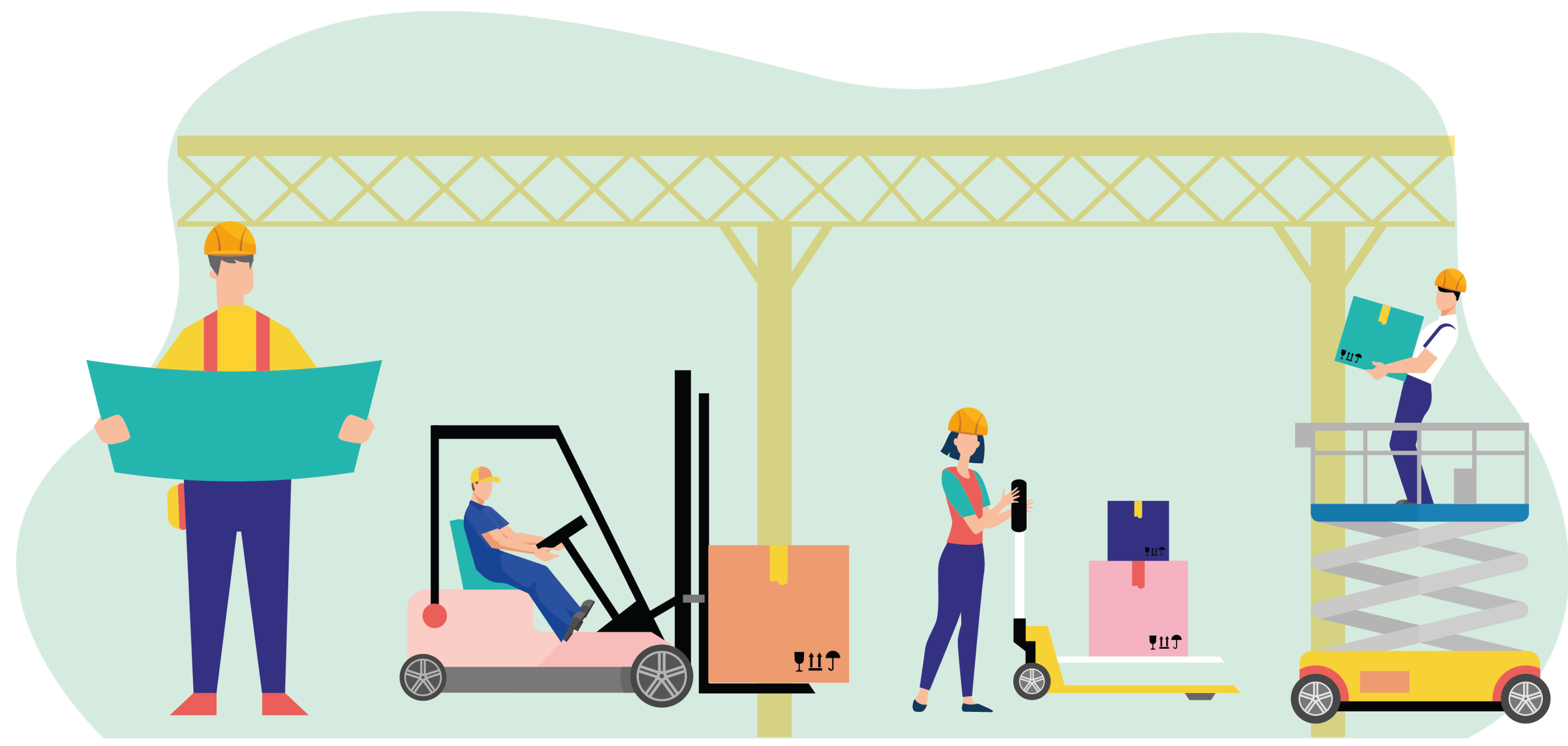
Lifting Engineers oversee daily lifting operations, perform equipment maintenance and ensure adherence to safety regulations.
Lifting Engineer Job Description
- Conduct inspection of equipment and ensure they are in good working condition.
- Perform regular maintenance of equipment.
- Liaise with parties in planning and executing lifting projects.
- Assess the safety of future projects and put in place risk management plans.
- Ensure ground conditions are safe for any lifting operation to be performed by any mobile/crawler crane and crew.
- Ensure compliance with safety regulations and operational procedures.
- Conduct training sessions for site personnel on safe lifting practices, equipment use, and compliance with safety standards.
Note
Lifting Engineers have to develop lift plans for lifting operations. These plans usually contain detailed equipment analysis, as well as operational procedures.
What you should know about Lifting Engineer jobs in Singapore
Nature of Work
In Singapore, Lifting Engineers oversee the planning and execution of complex lifts, ensuring safety, quality and compliance.Key Advice
As Lifting Engineers, it is important that you are meticulous! Ensuring accurate calculations and mitigation of safety hazards are key.-
Entry RequirementsEntry Requirements
- Minimally a bachelor's degree in Civil Engineering.
- Accreditations or certifications in Mechanical or Structural Engineering disciplines are beneficial.
- A valid Lifting Operations Planning and Execution certification is required.
- Prior experience with Crane and Lifting Equipment Design, Operation or Maintenance is essential.
- Knowledge of Singapore's Workplace Safety and Health (WSH) regulations for Lifting Operations is mandatory.
-
Possible PathwayPossible Pathway
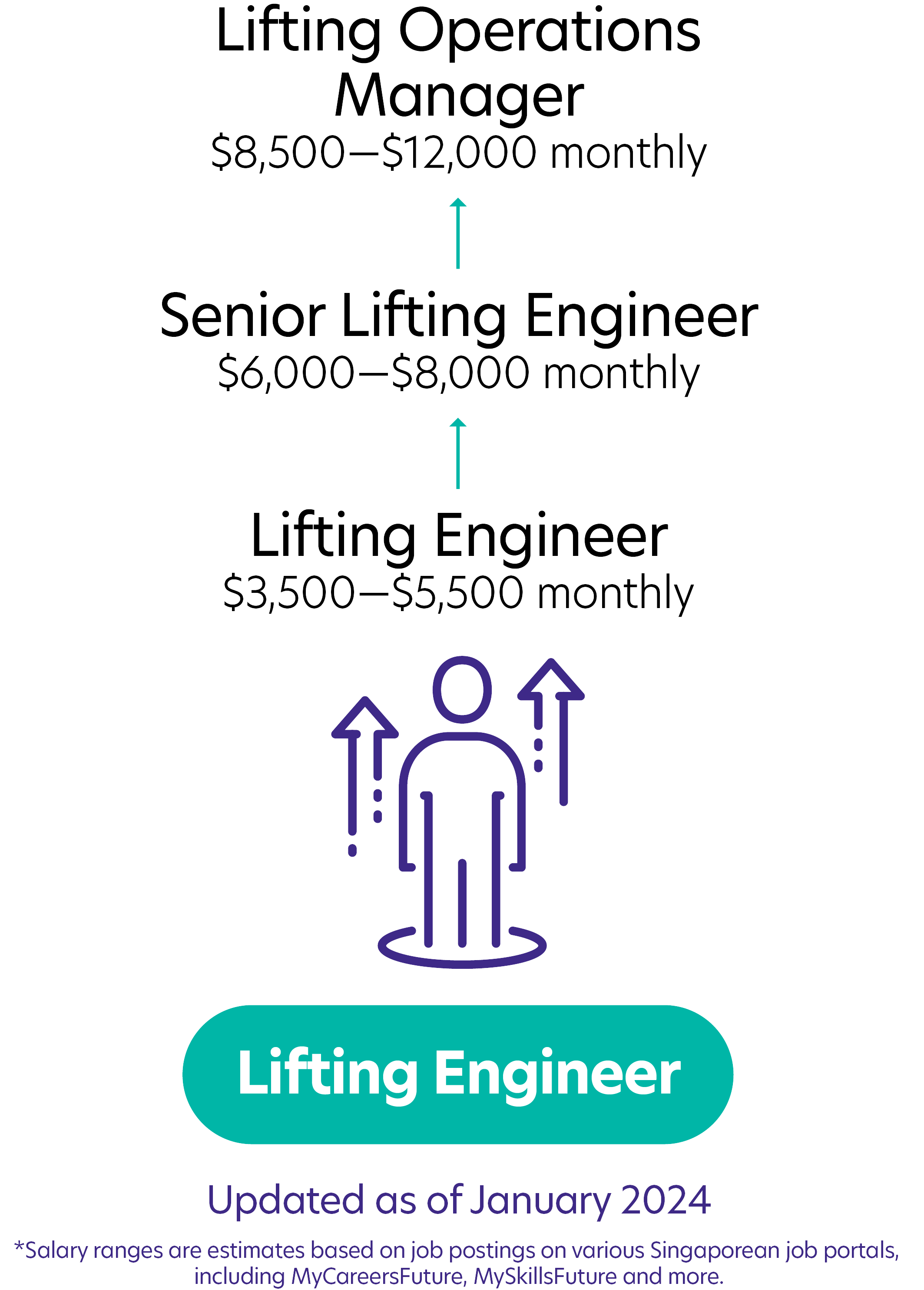
Skills you need to pursue a Lifting Engineer career in Singapore
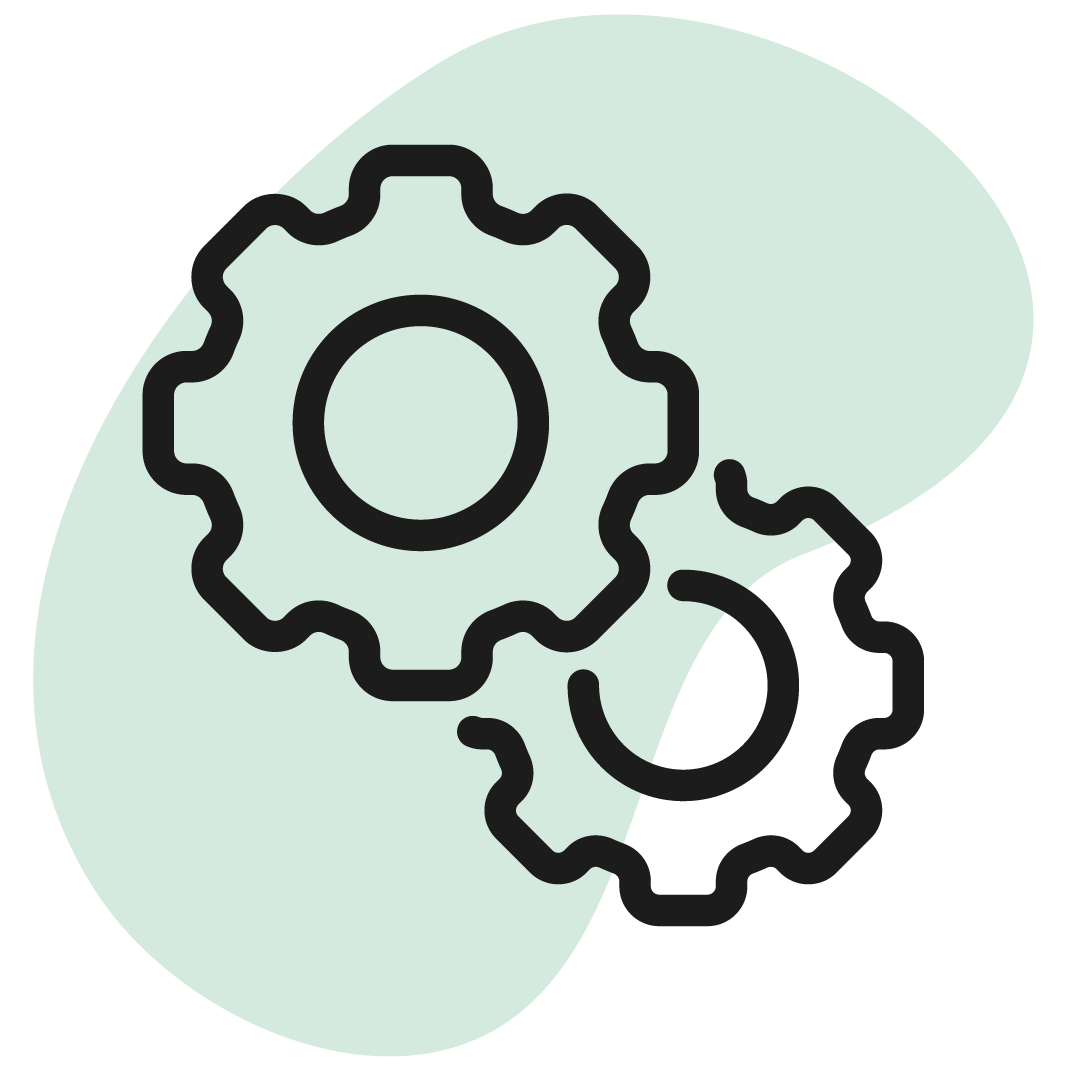 Hard Skills
Hard Skills
Familiarity with heavy lifting equipment
Knowledgeable of cranes, hoists and winches for safe operation.Knowledge of basic load dynamics
A solid understanding of the forces affecting loads during movement to ensure stability.Knowledge of standard safety procedures
Awareness of protocols to prevent accidents and ensure workplace safety.Collaboration Skills
Ability to work effectively with teams across different departments.Problem-Solving
Aptitude for identifying issues and implementing effective solutions.Detail-Oriented
Meticulous and insightful on specifics to ensure quality.Related Job Roles
Explore Other Programmes
Browse AllYou have bookmarked your first item!
Find it in My Discoveries with insights on your interests!
